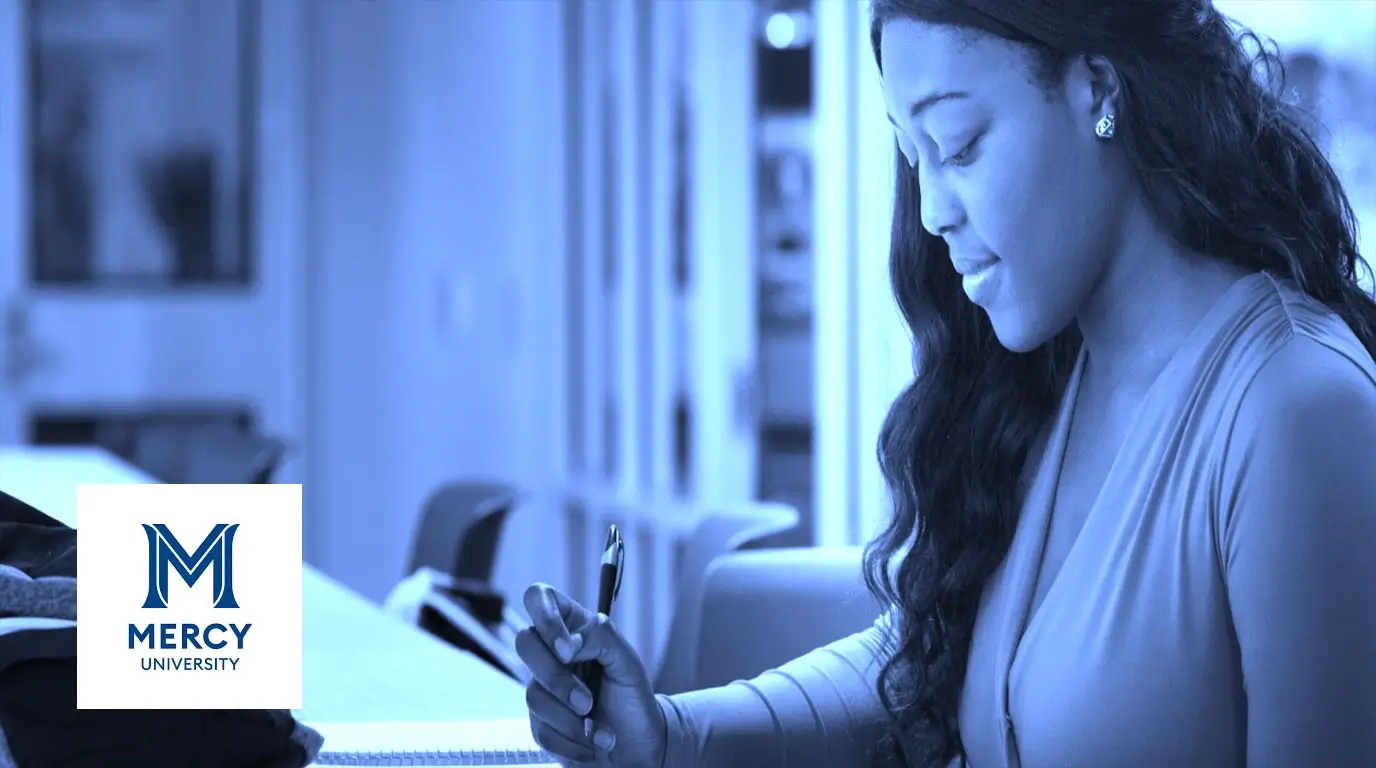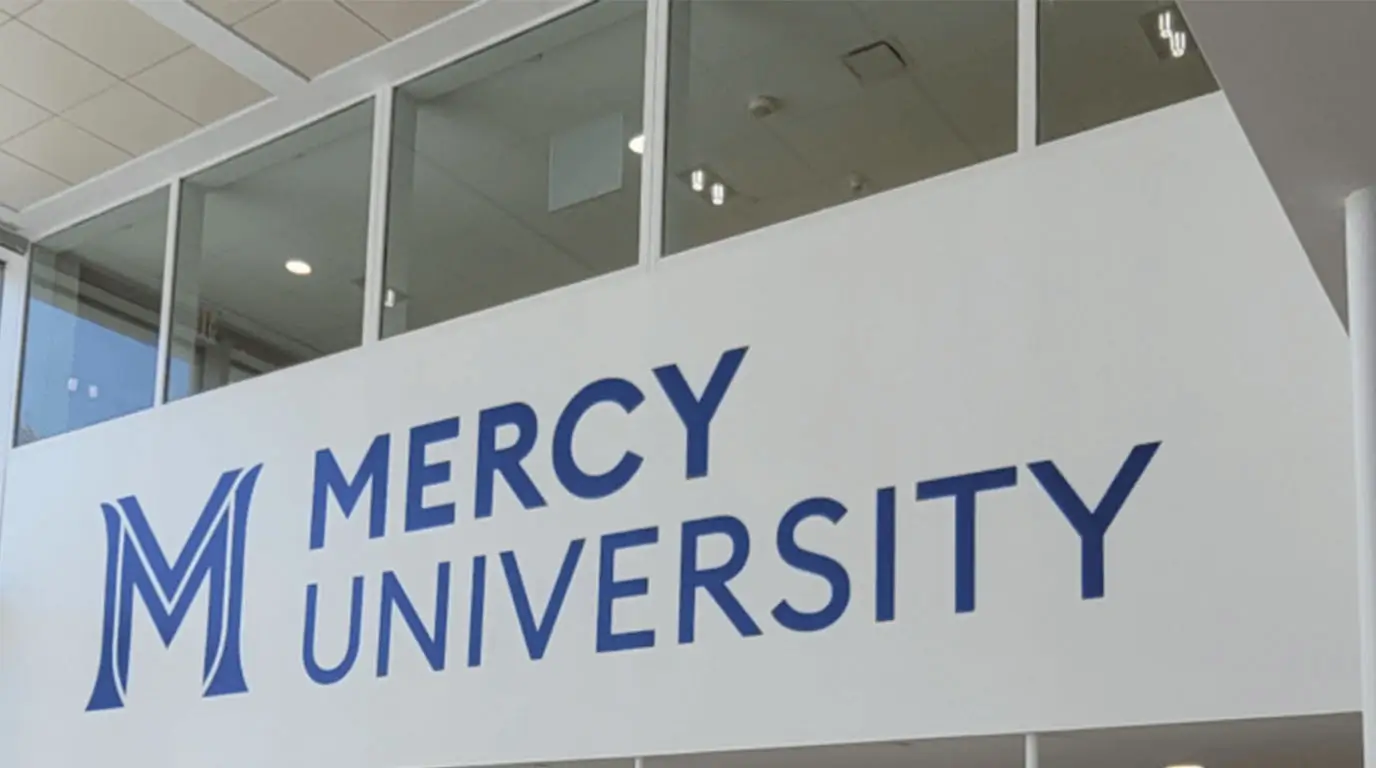If you’re eyeing a career as a paralegal, the Mercy College paralegal program is a fantastic place to start. I’ve been in the legal field for years, and I can tell you this program stands out for its practical approach and strong industry ties. Based in New York, Mercy’s ABA-approved program equips you with the skills to thrive in law firms, corporate offices, or government agencies. Let’s dive into why this program could be your launchpad into the legal world.
The Mercy College paralegal program, housed in the School of Social and Behavioral Sciences, is a powerhouse for aspiring paralegals. It’s one of the few American Bar Association-approved programs in New York, meaning it meets rigorous standards for quality education. What makes it special? Its “practice-ready” philosophy ensures you’re not just studying law but learning how to apply it in real-world settings. With a focus on legal research, document drafting, and ethical practice, Mercy prepares you to hit the ground running in a competitive job market for paralegals.
Table of Contents
Mercy College paralegal program Overview

Mercy’s paralegal program has been shaping legal professionals since the 1980s, earning a reputation for producing skilled graduates. It’s part of the Legal Studies major, directed by Professor Mary Cuadrado, an attorney with deep expertise in criminal law. The program’s mission is to provide a “real-world, legally-oriented education” that balances theory with hands-on skills. Mercy is also a member of the American Association for Paralegal Education, and its advisory board includes judges, lawyers, and paralegals who keep the curriculum current.
Curriculum Details
The Mercy College paralegal program offers a Bachelor of Science in Legal Studies with a paralegal specialization, requiring 120 credits (including general education). Key courses include:
- PARA 201: Legal Research – Learn to navigate legal databases like Westlaw.
- PARA 202: Legal Writing – Master drafting pleadings, briefs, and memos.
- PARA 303: Litigation – Understand civil procedure and trial prep.
Unique offerings include courses like Cyberlaw and Alternative Dispute Resolution, which are rare in other programs. The curriculum emphasizes practical skills through case studies and mock trials. Students typically complete the degree in four years full-time, with no formal specialization tracks but flexible electives to focus on areas like corporate or criminal law.
Mercy College paralegal program Admission Requirements
To join the Mercy College paralegal program, you need a high school diploma or equivalent. No prior legal experience is required, but strong writing skills are a plus. The application process includes:
- Official transcripts
- A personal statement
- SAT/ACT scores (optional)
Deadlines are rolling, but fall admission typically closes in August, and spring in December. Check Mercy’s admissions page for specifics. Admissions are holistic, considering academic performance and enthusiasm for the legal field.
Program Formats & Schedule
Mercy offers flexibility for busy students. The Mercy College paralegal program provides full-time and part-time options, with classes available during the day, evening, or online. The program is primarily in-person at the Dobbs Ferry or Manhattan campuses, but many major courses are offered online on a rotating basis. Full-time students can complete the bachelor’s in four years, while part-time students may take longer. Start dates are in fall, spring, and summer, making it easy to jump in.
Faculty Spotlight
Mercy’s faculty are practicing attorneys who bring real-world grit to the classroom. Professor Mary Cuadrado, the program director, has extensive experience in criminal law and legal education. Other instructors specialize in areas like family law and corporate compliance, ensuring diverse perspectives. All faculty are licensed attorneys, and their industry connections help with internships and job placements. The student-to-faculty ratio is low, around 15:1, so you’ll get plenty of one-on-one guidance.
Mercy College Facilities & Resources

Mercy’s campuses offer solid resources for paralegal students. The law library provides access to Westlaw and LexisNexis, essential tools for legal research. While there’s no dedicated mock courtroom, the program uses simulation labs for litigation practice. Career services are a standout, offering resume workshops, mock interviews, and job placement support tailored to paralegal students. Academic advising keeps you on track, and tutoring is available for tough courses like legal writing.
Internship & Field Experience
Internships are a cornerstone of the Mercy College paralegal program. The program partners with law firms, government agencies, and nonprofits in New York, arranging placements through the career services office. Students work in diverse settings, from criminal defense firms to corporate legal departments. Notable successes include placements at firms like James G. Dibbini & Associates, where one graduate now serves as a paralegal office manager. Internships often lead to job offers, giving students a head start in their careers.
Career Outcomes
Graduates of the Mercy College paralegal program enjoy strong prospects, with a 90% employment rate within six months of graduation. Alumni work as paralegals, legal assistants, or compliance officers in law firms, courts, and corporations. According to The Bureau of Labor Statistics, the median paralegal salary is $60,970, but in New York, starting salaries often range from $55,000 to $75,000. Career services provide job fairs, networking events, and prep for certifications like NALA’s Certified Paralegal (CP), boosting your marketability.
Tuition & Financial Information
Tuition for the Mercy College paralegal program is approximately $1,030 per credit, totaling about $123,600 for the 120-credit bachelor’s degree. Additional costs include fees and textbooks. Mercy offers scholarships, like the Presidential Scholarship for high-achieving students, and federal financial aid is available. Payment plans through Nelnet allow monthly installments. Veterans and employees of partner organizations may qualify for tuition discounts. Visit Mercy’s financial aid page for details.
Student Success Stories
Take Sarah, a 2021 graduate who landed a paralegal role at a Manhattan law firm after her internship. She says, “Mercy’s hands-on courses and faculty support gave me the confidence to excel.” Another alum, Michael, used the program to pivot from business to law and now works in corporate compliance. Graduates often highlight the program’s networking opportunities and practical training as game-changers. One even wrote a book while managing a property company, showing the program’s versatility.
Mercy College paralegal program: How to Apply

Applying to the Mercy College paralegal program is simple. Head to Mercy’s application portal and submit your transcripts, personal statement, and optional test scores. There’s no application fee for undergraduates. After applying, you’ll get a decision within a few weeks. The admissions team offers virtual info sessions and one-on-one advising to help. Email [email protected] for support or to connect with a counselor.
Contact Information
Have questions? Reach out to the School of Social and Behavioral Sciences at 914-674-7519 or [email protected]. Want to visit? Schedule a tour through Mercy’s visit page. You can also fill out an online request for information form to get program updates and deadlines. The Dobbs Ferry campus is at 555 Broadway, Dobbs Ferry, NY 10522.
FAQs
What is the Mercy College paralegal program known for?
It’s ABA-approved, practice-focused, and taught by attorneys with strong New York legal connections.
How long does the Mercy College paralegal program take?
The bachelor’s degree takes four years full-time, with part-time options available.
Can I study the Mercy College paralegal program online?
Many courses are offered online, but some in-person attendance is required for ABA approval.

